"Co-creation and linking the arts to other fields of life can educate, provoke and inspire people to care and react, and make sense of cities in clearer unison with the nature in and around them."
USE:POSITIONS with Triin Pikk
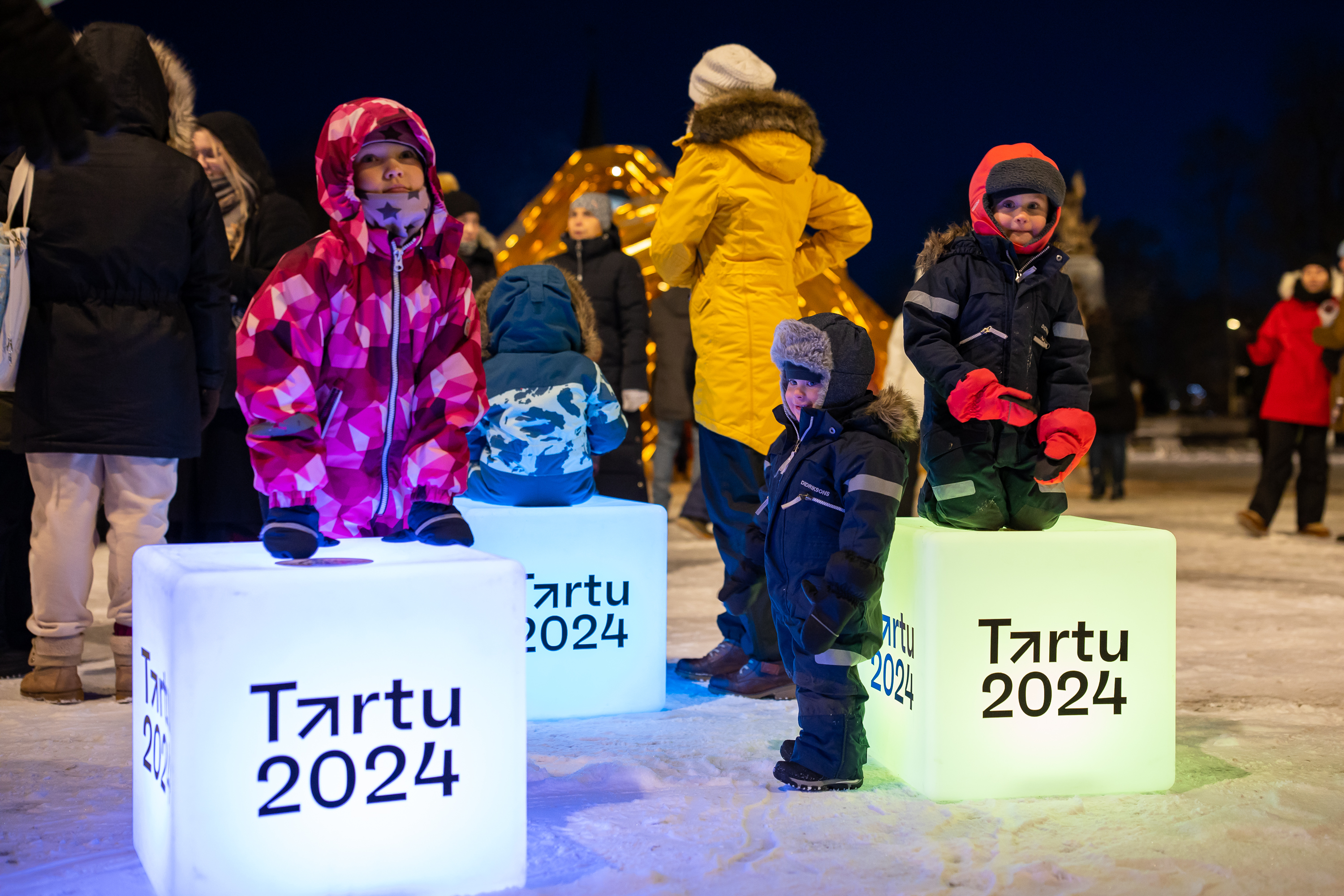
The European Capital of Culture, a title awarded annually by the EU since 1985, highlights European cultural diversity and stimulates urban development through art. In 2024, Tartu, Estonia holds this prestigious title along with the Austrian city of Bad Ischl and Bodø, Norway.
As part of our use:positions series, we asked Triin Pikk, Tartu With Earth Programme Line Manager and member of the European Capital of Culture Tartu 2024 team, to share her insights on how these programmes address the impact of the climate crisis on culture and heritage and other sustainability challenges facing the city.
Who are you and what do you do?
My name is Triin Pikk. I have been a member of the European Capital of Culture Tartu 2024 team since 2019, when we were still bidding for the title. In 2020, I started coordinating and curating the Tartu with Earth Programme Line. This Programme Line addresses the adverse effects of the climate crisis, such as glaciers melting, biodiversity loss, species extinction, urban environment challenges and many more issues. Projects, events, exhibitions, and performances explore and present these topics artistically. This is where art and culture meet and are on the frontline to explain and show what we are facing in today's world and try to find solutions or explore and introduce new ways of living.
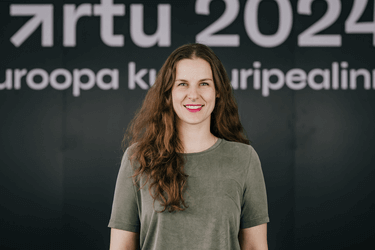
© Mana Kaasik / ECC Tartu 2024
Tartu is European Capital of Culture in 2024. What does this mean for the City of Tartu?
The title European Capital of Culture is an excellent opportunity for Tartu. As the second biggest city in Estonia, we face challenges such as a decreasing population and our location in the far south makes accessibility difficult. The European Capital of Culture title is perfect for rediscovering and rethinking the identity of our city, sketching it, and creating this future with locals and Europeans alike. For more than a year, we have given the floor to culture managers, institutions, artists and performers from Tartu, Southern Estonia and Europe so they could imagine what the future could and should look like for Tartu and Southern Estonia and similar places.
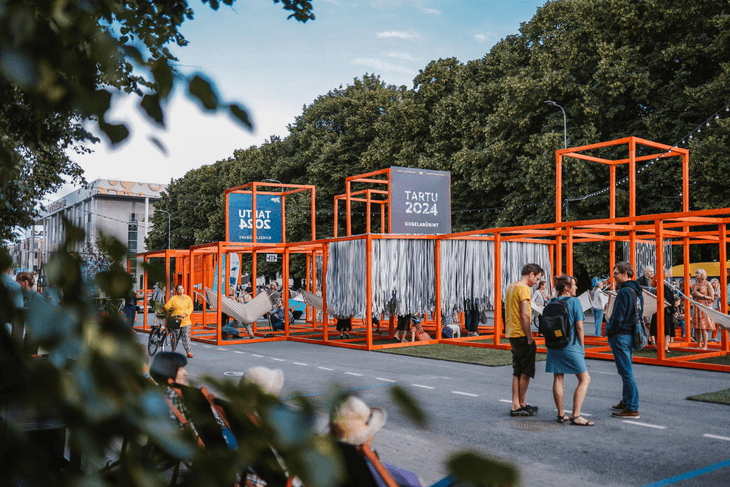
© Mana Kaasik / ECC Tartu 2024
What is the artistic concept “Arts of Survival”? Can it be linked to the idea of cultural heritage? If so, how?
Arts of Survival can represent many things, and this is what makes it great! We can all think about what these Arts of Survival are for each one of us, and how we can teach them to others and learn them from others. This way, the Arts of Survival are the skills, knowledge, and values that we cherish and appreciate and can help us navigate life today, tomorrow and in the future. Cultural heritage perfectly represents the Arts of Survival or is at least an integral part of it. For example, our ancestors recognised the importance of intangible heritage, passing it down from generation to generation. Almost the same goes for artefacts and historical buildings that have survived throughout history and are now teaching us things about the past. But maybe even more important are the lessons we can learn from the cultural heritage, which could help us overcome the current challenges that Europe and the World are facing, like the climate crisis, mental and physical health issues, and how to build better places for us to live. It is equally important to recognize what not to learn from cultural heritage, and how to do things differently.
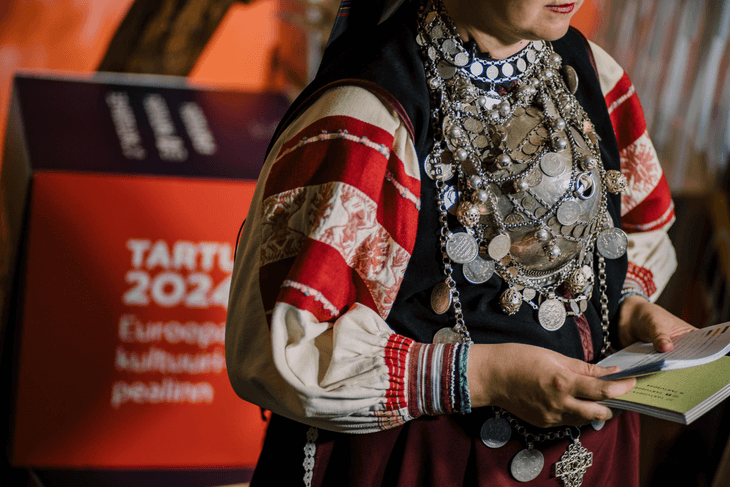
Seto Traditional Clothing © ECC Tartu 2024
Why are sustainability and co-creation key issues for the European Capital of Culture Tartu 2024?
For Tartu 2024, the four values and the pillars of the Arts of Survival are uniqueness, awareness, sustainability, and co-creation. All our events and projects reflect these values in one way or another. Our programme seeks answers to questions about how to lead a good life in the future as individuals, as a society, and as an environment – both in the city and the countryside. Sustainable culture is socially and environmentally responsible, meaning that the events, activities, and public communications of the European Capital of Culture will be environmentally friendly and accessible to people with different needs. The Tartu 2024 code contains cross-generational, cross-sectoral, and transnational co-creation. Tartu 2024 is the European Capital of Culture for grandparents, mothers, fathers, and children alike. By creating together, we can foster a more connected society. This co-creating European Capital of Culture will be realised through networks by mutually supportive cultural event organisers working with Estonian and European partners in arts, sciences, and entrepreneurship.
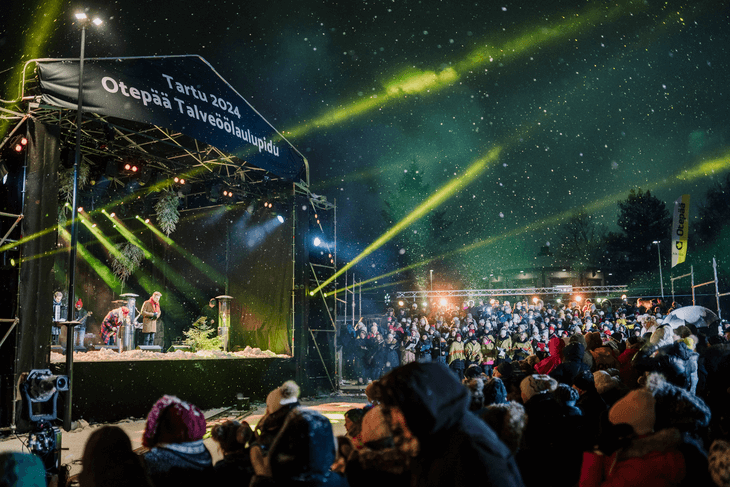
Otepää Talveöölaulupidu (Otepää Winter Night Song Festival) © ECC Tartu 2024
Find out more about the exciting programme of the European Capital of Culture Tartu 2024 by visiting this website
